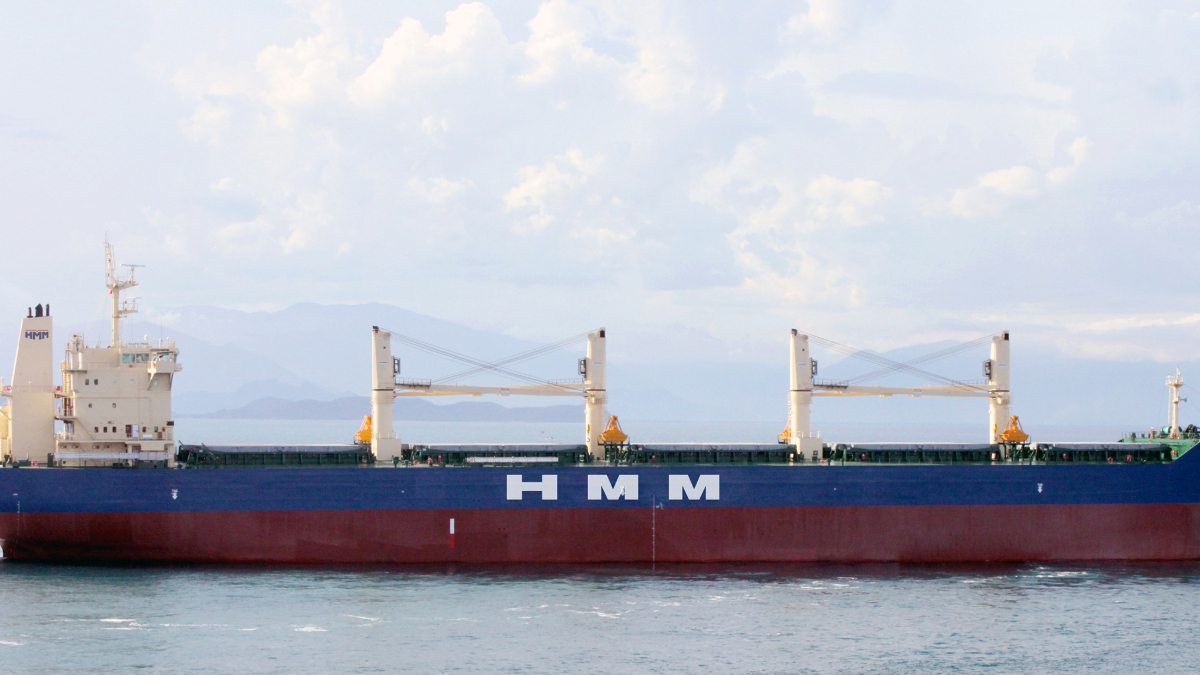South Korea’s Hyundai Merchant Marine (HMM), the world’s eighth-largest container shipping company, has announced that it has signed a long-term transportation contract with Brazilian mining giant Vale, marking significant progress in HMM’s strategy to expand its dry bulk business.

The 10-year contract, valued at approximately $462 million, covers freight transportation between Brazil and China. The contract is scheduled to begin in July 2025 and last until June 2035.
With the finalization of the contract with HMM, Vale has entered into long-term transportation contracts with two Korean shipping companies in just one month. Earlier in May this year, Vale signed a five-year, $160 million charter agreement with South Korea’s Pan Ocean for two iron ore carriers to transport iron ore from Brazil to China and other destinations.
In terms of the expansion of the dry bulk business, HMM said in its first quarter financial report that the company plans to expand high-profit routes such as South America and Australia and improve profitability by deploying small and medium-sized vessels. However, HMM also admitted that the dry bulk market still faces challenges, pointing out that geopolitical uncertainties (especially those related to Sino-US relations) and concerns about the global economic slowdown are both factors that put pressure on demand.
As part of its entry into the dry bulk transportation business, HMM is actively expanding its fleet through newbuildings and second-hand vessel acquisitions. Recently there have been reports that HMM has been linked to the acquisition of 2 Newcastlemax bulk carriers.
As of the end of the first quarter of 2025, HMM operated 17 bulk carriers with a total deadweight of 1.87 million tons, including 14 owned vessels and three chartered-in vessels.
HMM has set a goal to become Korea’s leading bulk carrier operator by 2030, proposing to expand the size of its tanker and dry bulk fleet from 42 vessels by the end of 2024 to 110 vessels by the end of the century, with an estimated total investment of $3.9 billion.


